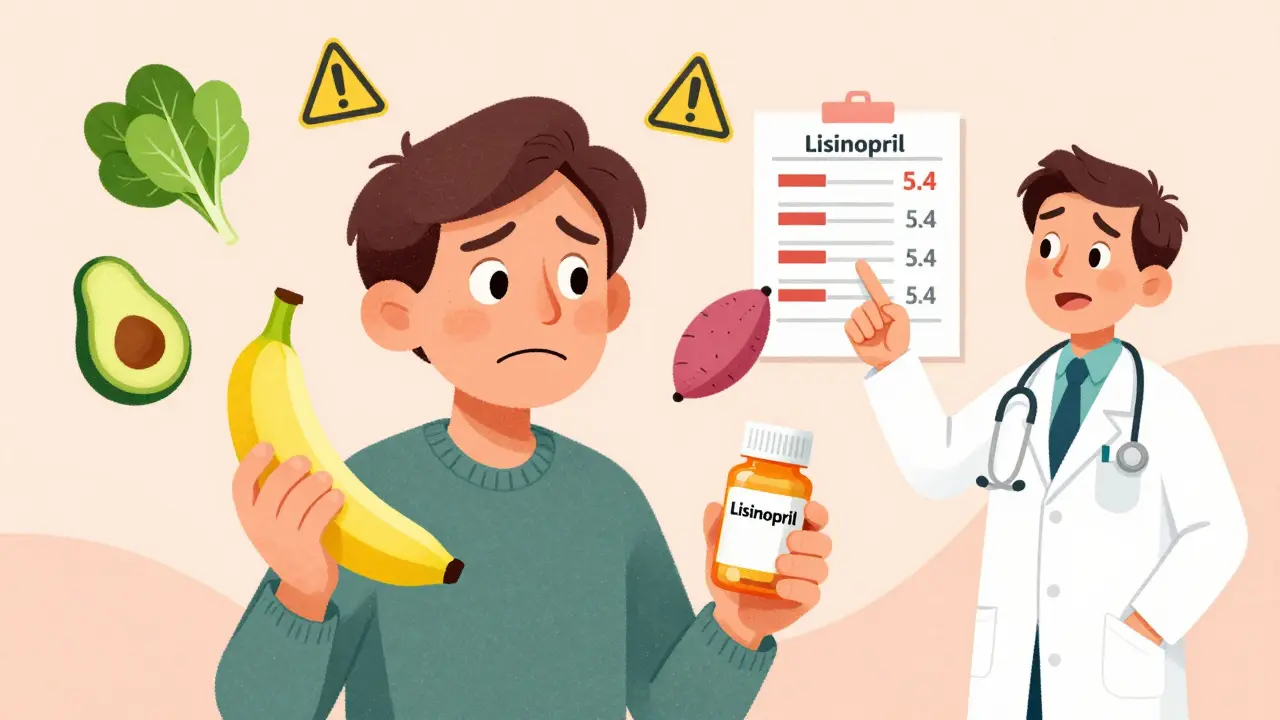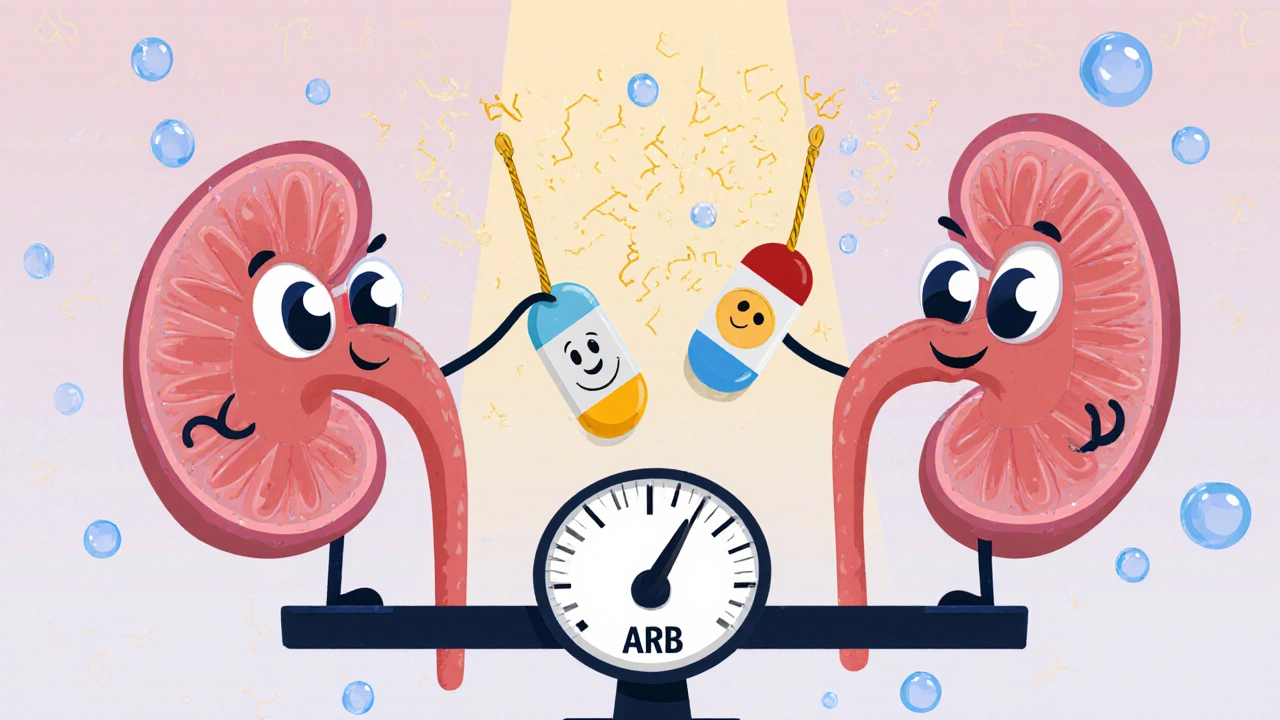ACE Inhibitors: What They Are, How They Work, and Which Ones You Might Be Taking
When your doctor prescribes a medication for high blood pressure, one of the most common choices you’ll hear is ACE inhibitors, a class of drugs that block an enzyme responsible for narrowing blood vessels, helping to lower blood pressure and reduce strain on the heart. Also known as angiotensin-converting enzyme inhibitors, they’re among the oldest and most studied blood pressure treatments still in use today. You might recognize names like lisinopril, enalapril, or ramipril — these are all ACE inhibitors. They don’t just lower numbers on a reading; they help protect your kidneys, reduce heart failure risk, and can even slow damage after a heart attack.
These drugs work by stopping your body from making angiotensin II, a chemical that tightens blood vessels and raises blood pressure. By blocking that process, your vessels relax, blood flows more easily, and your heart doesn’t have to work as hard. That’s why they’re often prescribed for people with diabetes, kidney disease, or a history of heart problems. But they’re not for everyone. Some people get a dry cough — a well-known side effect — while others might see their potassium levels rise too high. That’s why doctors often compare them to alternatives like ARBs, a related class of blood pressure drugs that block the same pathway but with fewer cough-related side effects, such as losartan, which you’ll find discussed in several posts here. Others might switch to calcium channel blockers like amlodipine or diuretics like HCTZ, depending on their health profile.
What’s clear from the posts in this collection is that people are asking real questions about these medications: How do they stack up against other drugs? When should you avoid them? What side effects are worth watching for? You’ll find answers about Cozaar (losartan), which isn’t an ACE inhibitor but often comes up in the same conversations. You’ll see comparisons with other heart and kidney medications, and even read about how drug safety systems now catch contamination issues that could affect generic versions of these drugs. The goal isn’t just to list options — it’s to help you understand why one might be chosen over another, and what to ask your pharmacist when you pick up your prescription.
Whether you’re just starting on one of these meds, switching because of side effects, or trying to understand why your doctor recommended it, this collection gives you the facts — no fluff, no jargon. You’ll find real comparisons, practical advice on managing risks, and insights into how these drugs fit into broader treatment plans. The posts here don’t just explain what ACE inhibitors are — they show you how they’re used, challenged, and sometimes replaced in everyday care.
High-Potassium Foods and Blood Pressure Medications: What You Need to Know
High-potassium foods can help lower blood pressure, but they can be dangerous when combined with common blood pressure medications like ACE inhibitors and ARBs. Learn which foods to watch, how to stay safe, and what to do if you're on these meds.
MoreBlood Pressure Control in Kidney Disease: How ACE Inhibitors and ARBs Protect Your Kidneys
ACE inhibitors and ARBs are first-line treatments for high blood pressure in kidney disease. They reduce proteinuria, slow kidney damage, and lower the risk of dialysis-even in advanced stages. Learn how they work, who benefits most, and why they're still underused.
More

